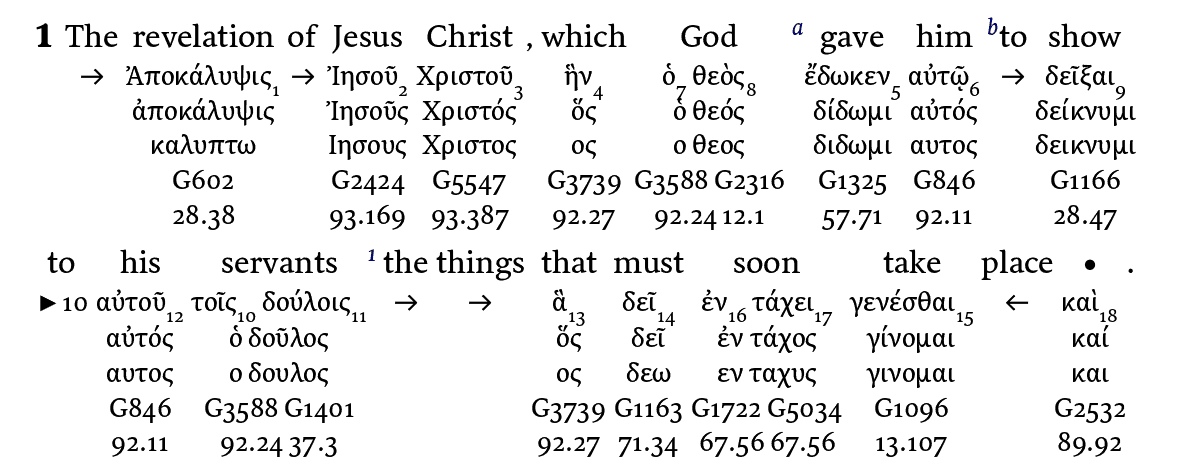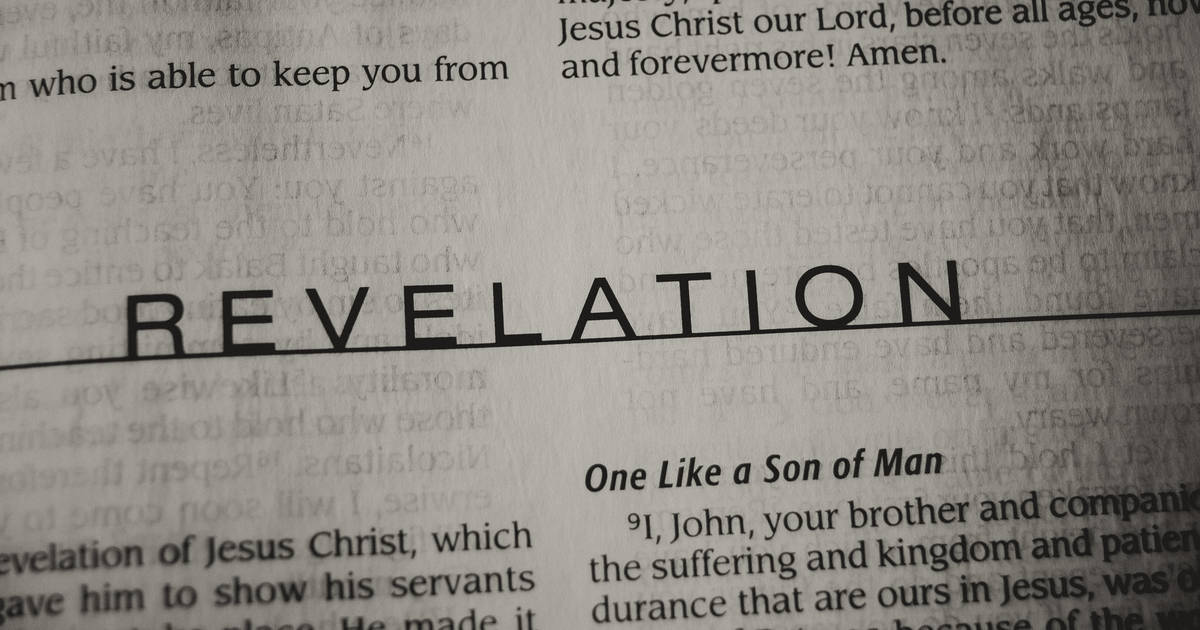It’s probably one of the most common and commonly-missed errors Christians make when speaking about the Bible—they call the final book of the Bible “Revelations” instead of “Revelation.” The difference is subtle—a single “s.” Yet that little letter, in its own way, changes the very nature of the book. It matters.
It matters because it’s crucial to a proper reading of any document to get the first word right. If we go around thinking Abraham Lincoln began the Gettysburg Address with “Fore score and seven years ago…” we might miss the connection he makes to the signing of the Declaration of Independence 87 years prior. We can’t just pluralize the book of Genesis and make it “Genesises” if we want to capture the fact that it describes the beginning rather than beginnings. We’d do damage to Peter’s Pentecost sermon if we changed the opening “men” to “man.” “Man of Judea and all who dwell in Jerusalem, let this be known to you, and give ear to my words…”
The book of Revelation takes its name from its opening word. That word is apokalypsis which is best translated as “revelation,” though it can also catch the senses of unveiling or disclosing. Crucially and obviously, it’s a singular, not plural, word. Translators also rightly add the definite article “the” to indicate this is “the revelation.” The is not an area of dispute; no translator begins with “the revelations.”

The next two words are “Jesus” and “Christ.” So, literally, the first three words of the book are “revelation,” “Jesus,” and “Christ,” which we typically translate as “the revelation of Jesus Christ.” We need to ask in what way this is the revelation of Jesus Christ. Is he the one revealed or the one who does the revealing? In fact, he is both. The revealing is both by him and about him.
What follows that opening word is a single and definitive revelation, not a series of them.
So, the book of Revelation is in fact The Revelation of Jesus Christ. What follows that opening word is a single and definitive revelation, not a series of them. This means there is a cohesion and unity to all that follows. Even while the book moves in some unexpected directions, and is at times confusing, it is all meant to communicate one great theme—Jesus Christ. Even while it is composed of many distinct events and visions, it never departs from its theme. When we open and read, we can always ask, “What is this revealing about Jesus Christ?”
Not only that, but it is the revelation, not a revelation, so there is a uniqueness to it. We should not look for other revelations of Jesus Christ. He is revealed definitively in the 22 chapters that follow—chapters that capture a great sweep of history beginning in times past and extending into eternity distant. (One of the simple ways we can guard against misnaming the book is to simply re-attached the word “The,” thus referring to it not as “Revelation” but “The Revelation.”)
I know some will accuse me of being pedantic here. And I know I’m prone to being overly scrupulous when it comes to words. Just ask my long-suffering wife and children. But in this case, I do think it matters. It matters that we speak rightly and accurately about something as important as the final book of the Bible, the book that describes events that have happened in history, events that are unfolding right now, and events that will soon take place—events meant to reveal Jesus Christ as he redeems the world and ushers in its new creation. So let’s make sure we’re thinking rightly about Revelation—The Revelation of Jesus Christ.










